Description
What is Matcha?
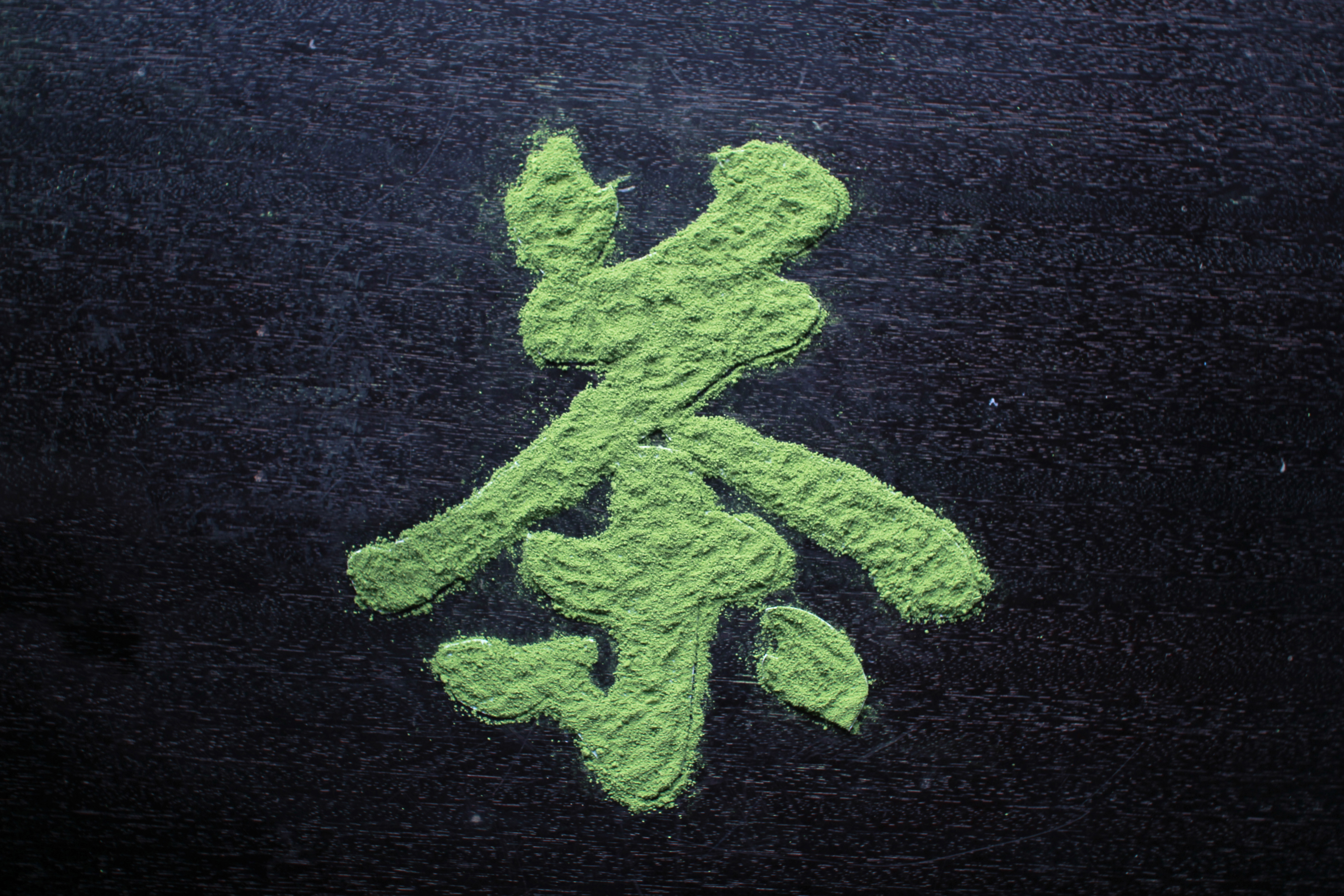
Matcha (抹茶) is a fine powder made from whole ground tealeaves, and is distinctive in its rich flavour and deep green colour. The young shoots are shaded for 3-4 weeks, and after harvesting and drying the stems and veins are removed from the leaf to make Tencha. This is then ground into a powder using a stone mill or ball mill. Traditionally, Matcha is prepared by dissolving the powder in hot water, and a bamboo whisk (chasen) is used to froth up the mixture to achieve a smooth and creamy texture. Matcha plays an important part in the Japanese tea ceremony, the Sado or “the way of tea”, where tea preparation is used to emphasise beauty, simplicity and tranquility.
Farmer Profile
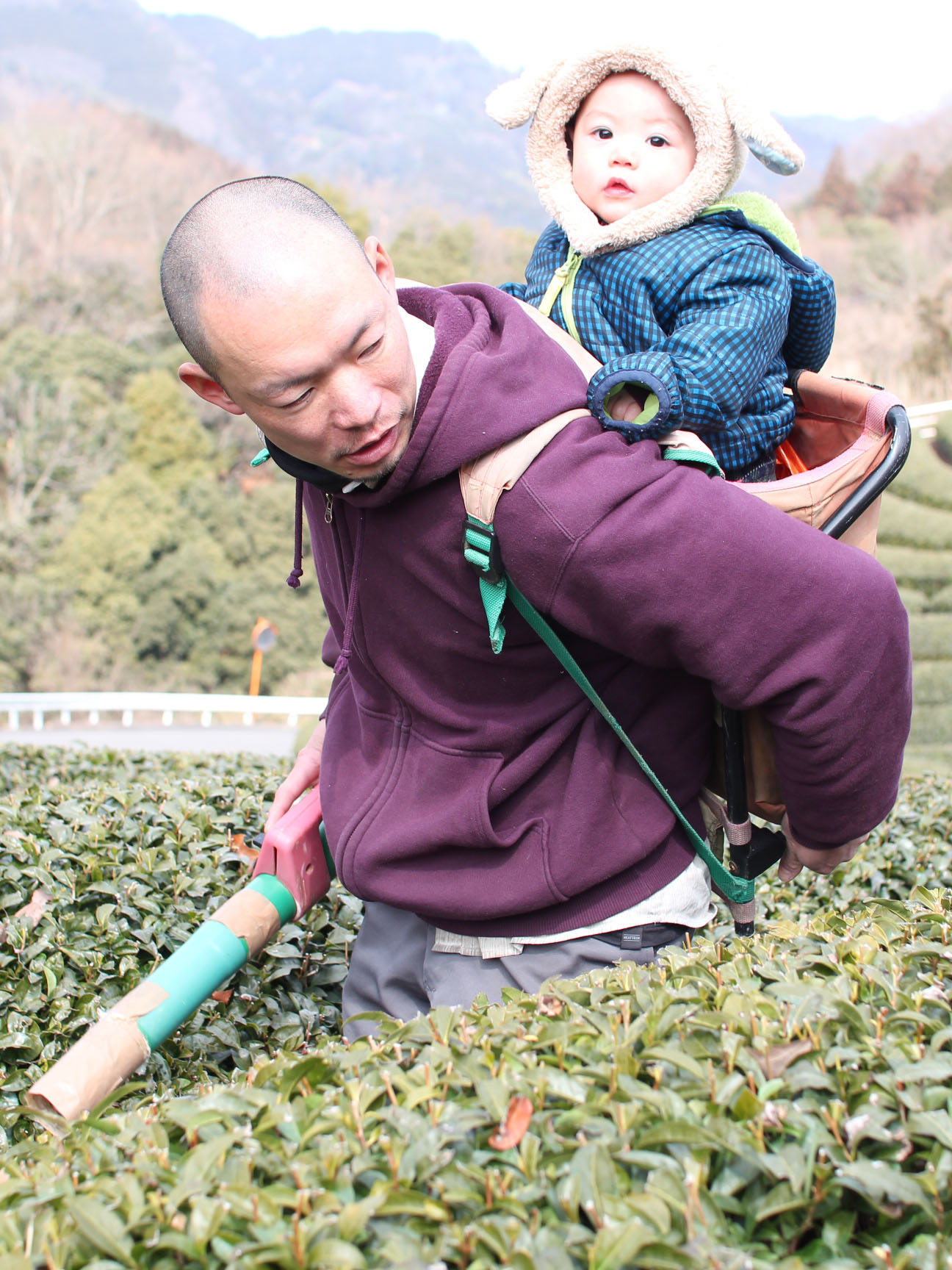
Akihiro “Akky” Kita is our president and lead farmer here at Obubu. His desire to make this tea available to the general public is the foundation of Kyoto Obubu Tea Farms. In college, Akky took up a part-time job as a farmhand in Wazuka, and fell in love with the tea of this region. He made the decision then to leave college and devote his time to mastering the art of tea farming. Recognising the need for independent farmers like himself to spread the joy of drinking Japanese tea, he travels each year during the winter off-season to bring Japanese tea to people all over the world.
Tea Cultivation, Processing and Brewing Guide


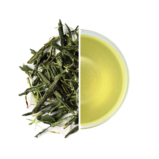

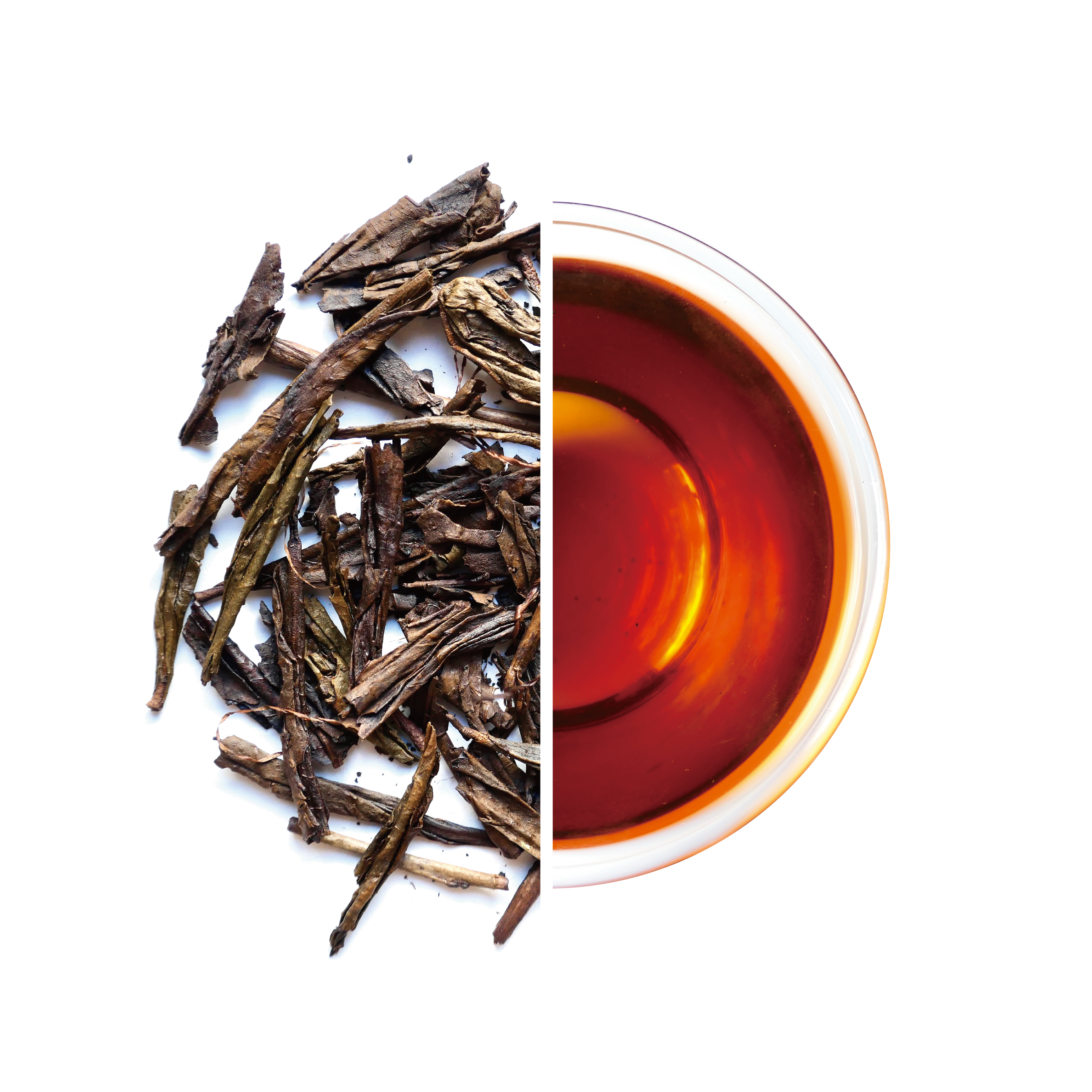
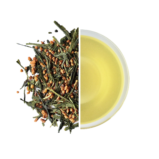
Reviews
There are no reviews yet.